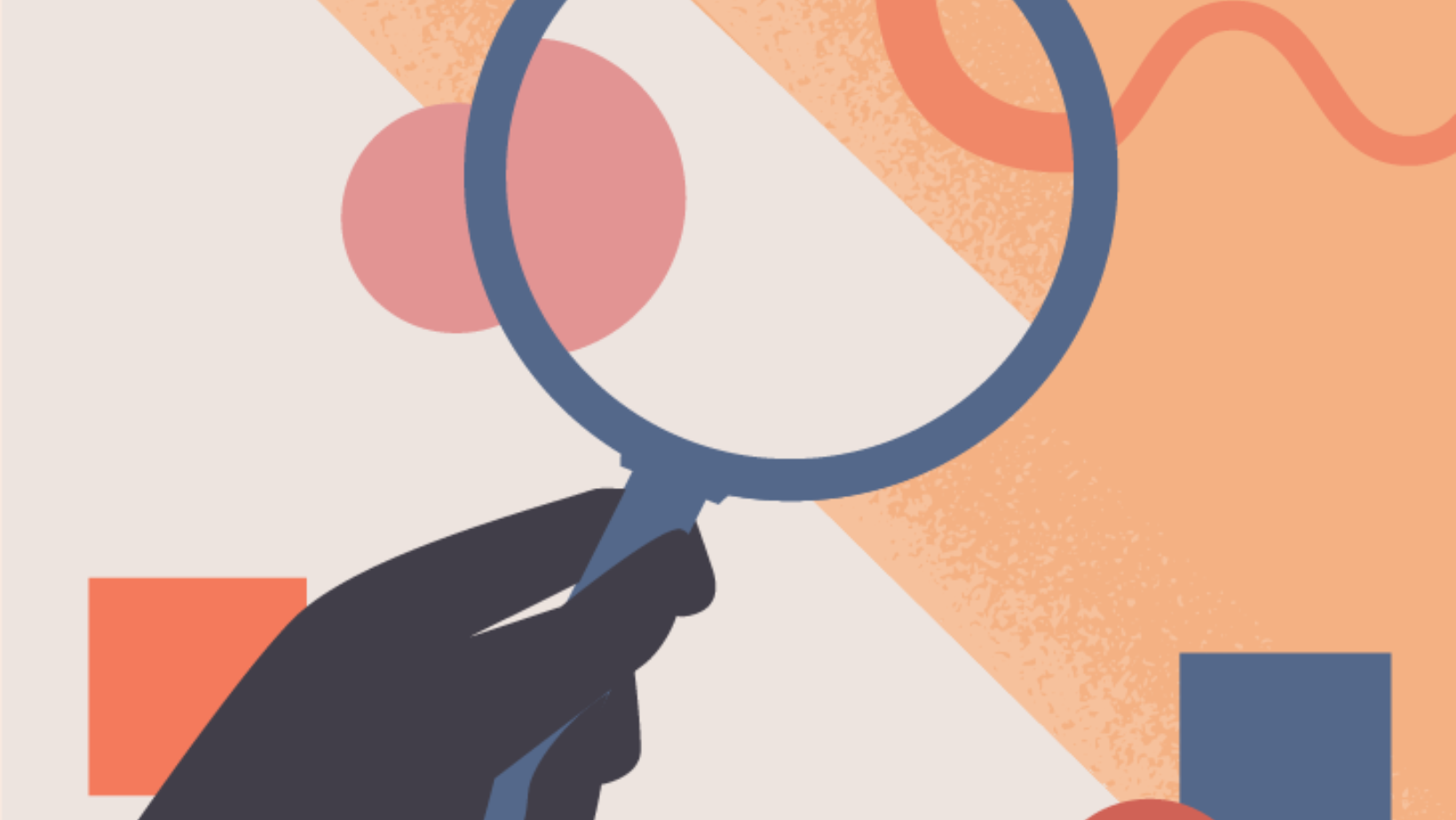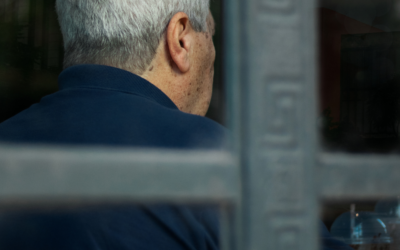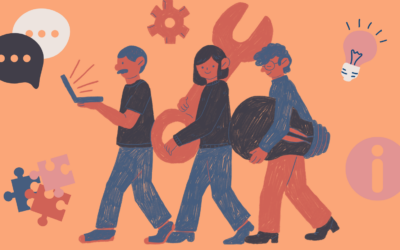Coming soon
The Relationships Project is planning an interdisciplinary learning network focused on Relationship-Centred Practice. Along with our friends from the After Disasters Network, we are hosting an open Zoom meeting to talk about the plan at 2-4pm BST on 21st September 2023. Here, we share the background and our hopes for the network

What is the Relationships Learning Network?
The Relationships Learning Network will connect academics, researchers and thinkers with an interest in Relationship-Centred Practice (RCP) with one another, and also – through our wider network – with practitioners. Ultimately, we hope to grow this Network into a platform for developing research and learning collaborations, possibly funding bids or joint projects, between sectors, disciplines, universities and other organisations.
In time, we are hoping that the Network will be useful in three ways: First in connecting individuals, and individual projects. Second in sparking, and helping to develop, new partnerships. Third, in working to build the field.
Work began on this project at the Relationship-Centred Practice Convening at Northumbria University in November 2022.
What is Relationship-Centred Practice?
In brief, Relationship-Centred Practice unlocks potential and meets need by positioning meaningful and effective relationships as the first order goal, both an end in itself and the means by which other goals will be achieved (like better health, stronger communities, greater job satisfaction).
RCP is characterised by empathetic behaviours such as positive listening, active collaboration, a commitment to continuity, kindness and mutual trust. There is a shared sense of purpose and also of agency – “we can do this together”, capacity for challenge, for holding tensions alongside compassion and forgiveness, a focus on assets rather than deficits and sufficient versatility to adapt the practice to the individual rather than fit the individual to the programme. It is informed by experience, but not scripted. The most effective relational practice is not enforced from without. It is compelled from within, willing and dynamic.
Why are we developing the Learning Network?
The development of the Learning Network is part of the work of the Relationships Project on strengthening the field. Policy and practice builds on robust and grounded evidence. What is researched, and how it is researched, determines its real-world utility and impact.
There is good work in this space at the moment but it is dispersed across many disciplines, terms can be differently defined, measurement is inconsistent and practice learning is often fragmented and underused. Making a better case, and doing better work, requires more collaboration on research, evidence, and insight.
The Relationships Project will help the Network to work with fellow academics and, in particular, with practitioners and policy makers. The knowledge, connections and resources of the Project, and especially of its Relationships Collective, will inform lines of enquiry, strengthen funding bids and, ultimately and most importantly, enhance the potential for lasting impact.
Why an interdisciplinary network?
It is important to develop the study of relational practice as an interdisciplinary space because single discipline lines of academic enquiry incline us towards thinking about relationship-centred practice as a single purpose approach to education or health care or policing. This misses the vital point: strong communities with good relational networks are healthier and safer and more economically effective.
People, organisations and societies that are better at relationships are better at everything. Relationship-centred practice is a universal solution to siloed problems
Our academic network already includes psychologists, social geographers, disaster planners, teacher trainers, urban planners, social care and medical specialists. We need to learn from, and with, one another, understand the commonalities and distil the implications for policy and practice.
September 21st launch event (Zoom)
Professor Louise Bracken, (Northumbria University Pro Vice-Chancellor) will chair the launch event on September 21st and the scene will be set with three short presentations on aspects of relationship centred practice from Dr Gillian Sandstrom (Sussex University), Professor Fiona Verity and Nick Andrews (Swansea University) and Professor Ottar Ness and associate Professor Dina von Heimburg (Norwegian University of Science and Technology).
We will then learn a little about who else is in the room and explore together the idea of a Learning Network, what might be most useful and how might it work.
Please join us! Don’t worry about whether your work “fits”. We can think about definitions together, but if relationships feel relevant to your work then this conversation needs to be relevant to you. Please reply here and spread the word. We look forward to hearing from you.
For further information please contact david@relationshipsproject.org. or neil.denton@durham.ac.uk
Further reading
Reflections on our discussion about relational phrases
In brief This week, twenty of us gathered on Zoom to discuss the language we use when talking about relationships. The conversation was inspired by the publication of a glossary of relational phrases and, while we discussed definitions on the call, the conversation...
“So what are you going to do now?”: Reflection on the US Presidential election
On the morning after the night before, David Robinson offers a Relationships Project perspective on the US presidential election. A friend messaged me on the morning after the US election: “So what are you going to do now?” He has always been sufficiently interested...
A ‘Society of Service?’: Practical ideas for local and central government
In brief Days after the Prime Minister launched a bold new Civil Society Compact, the Health secretary announced a major public consultation on the future of the NHS and the Chancellor introduced a budget that squeezed frontline services in the short term, invested in...



